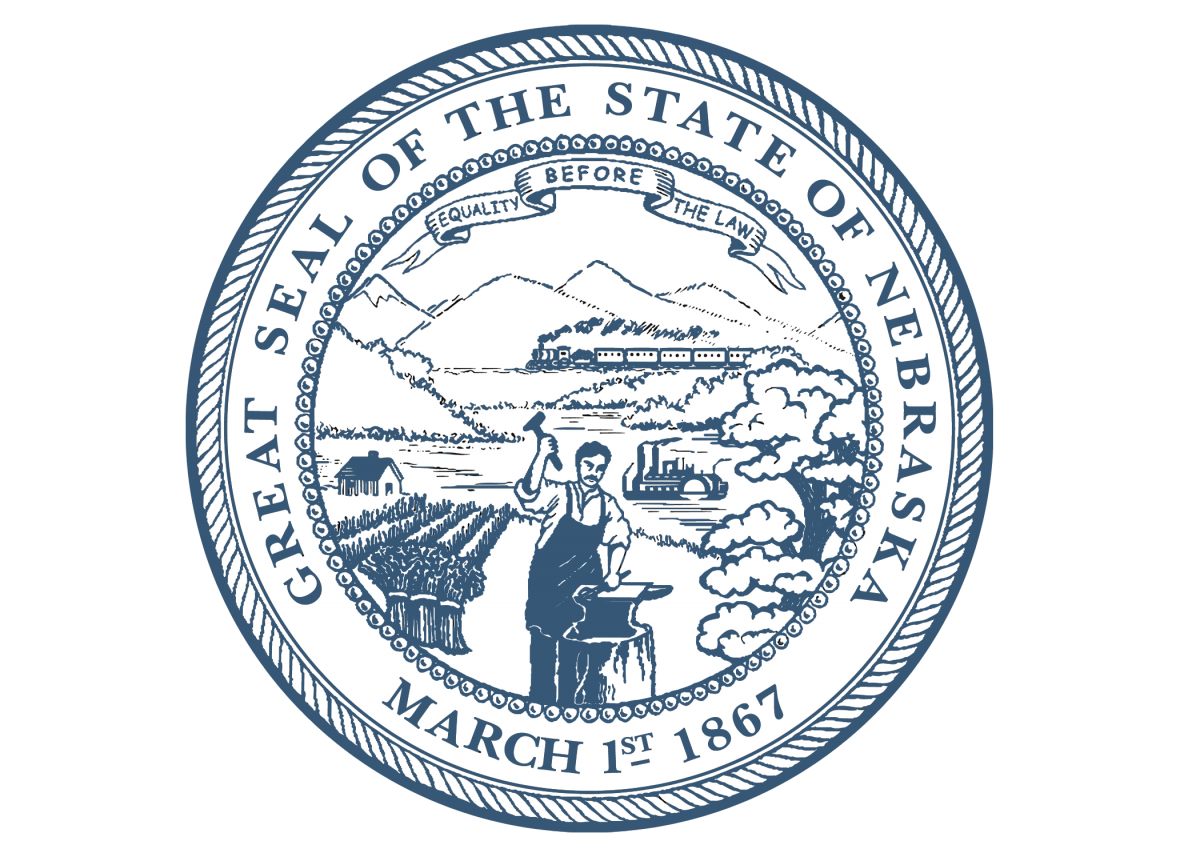Small Claims Court
Voluntary dispute resolution services through the Consumer Protection Division of the Nebraska Attorney General’s Office are often successful, but there are times when dispute resolution efforts do not bring a satisfactory resolution for the parties involved. Small claims court is another avenue that is available in some instances to resolve a dispute. Important information to know about small claims court in Nebraska includes the following:

